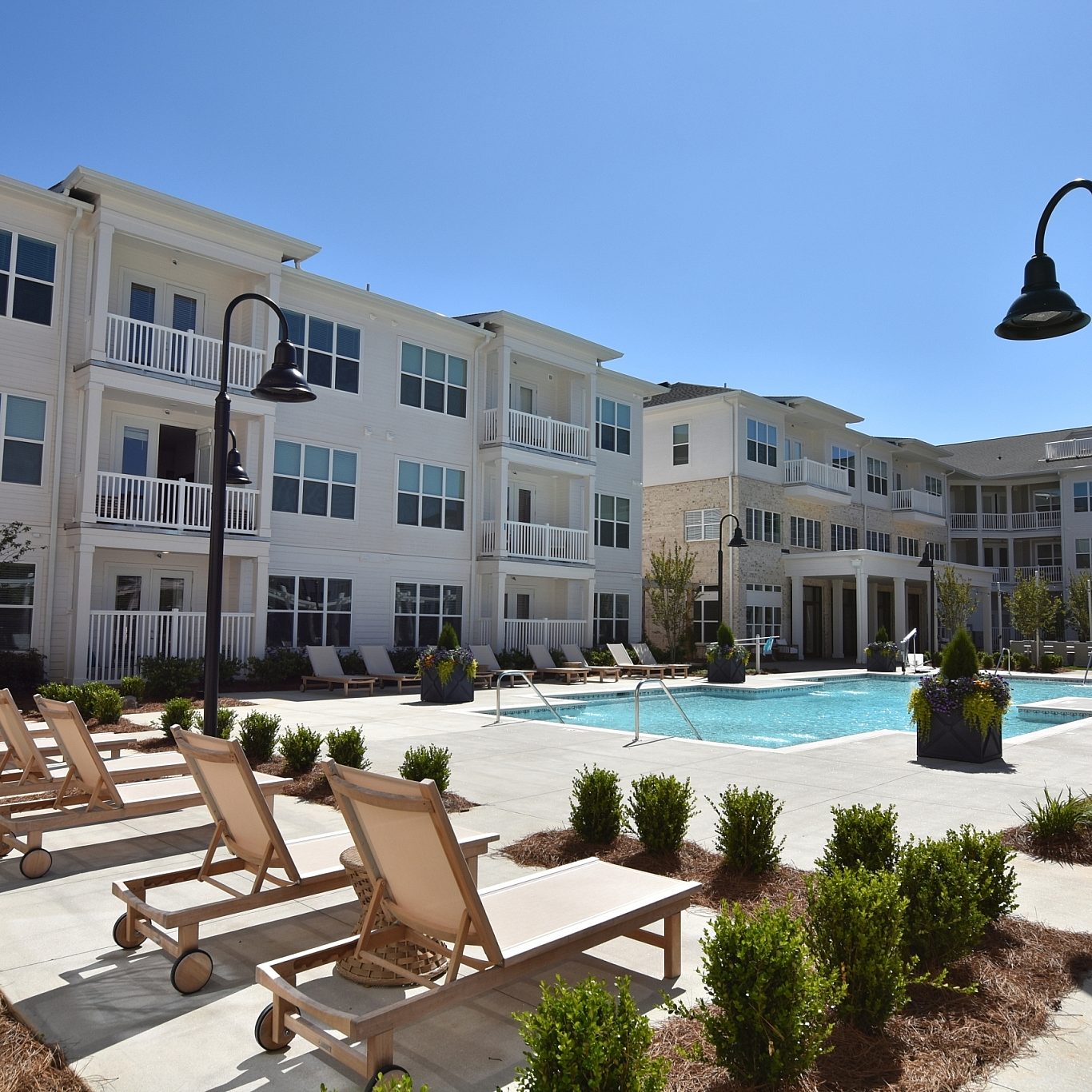'Slap in the face': Real estate agents decry Roswell's limit on apartments
Press Release

In an effort to quell rapid population growth, Roswell officials intend to limit the construction of standalone apartments. Not all residents are happy.
Roswell City Council voted unanimously on Monday to approve the first reading of an amendment that would retire two multifamily zoning districts from its Unified Development Code, among other changes. Real estate agents, business owners and other residents gave more than an hour of public testimony against the amendment.
“There’s an innate ‘us versus them’ thing happening here,” said Realtor Lyndsey Coates, who worries the amendment would exclude young professionals, empty nester, first responders and service workers from the city. “It feels elitist and classist. Quite frankly, it feels like a slap in the face to someone with a background of living in Roswell previously in [an] apartment.”
The introduction of the policy change coincides with a rental shortage in Atlanta, which has led to skyrocketing prices across the metro area. Generally, rents cool after enough supply is added to a market to meet demand.
The details
Atlanta’s white-hot apartment market is wooing real estate firms with specialities in other sectors to jump into the flames. Standalone apartments allow developers to rake in hefty returns on investment, but Mayor Kurt Wilson isn’t sold that's what is best for his city.
Wilson, who took office this year, wants Roswell to remain an “aspirational” city, in which potential residents aspire to one day be able to afford to live there.
Wilson wants to cap population growth below 30% over the next two decades. He expects reducing apartment development would lead to a better quality of life and less traffic buildup.
Councilmember Christine Hall equated the amendment to balancing an investment portfolio. Complementing existing apartment inventory with commercial development that brings in sales taxes would take a burden off existing homeowners, she said.
Developers could still apply for standalone multifamily units in three zoning districts, though two of them are reserved for the city’s downtown area, according to the city's planning department. Roswell already requires any multifamily development to be approved by elected officials. City Council still needs to approve a second reading for the amendment to take effect.
A few weeks ago, City Council approved a 90-day pause on accepting permit applications for constructing standalone multifamily units. The board also removed multifamily as a suggested use in several parts of the city in its comprehensive plan update.
Apartment shortage
Since the beginning of 2020, average asking rents have escalated at a greater pace in North Fulton than in any other part of the metro area, according to commercial real estate research firm CoStar Group. On average, rents now hover around $1,846 per month, compared to $1,382 in early 2020.
The stagnation of apartment inventory and resulting rent rises could exacerbate labor shortages, said Mark Ellsworth, a local commercial real estate agent, at the meeting. He stressed that mixed-use projects typically include more expensive apartments than standalone projects.
“Some sites may have great demand for apartments but may not have the same demand for office or retail,” said Brian Oates, executive managing director of development at RangeWater Real Estate, in an email. “The cost to construct a vertically integrated mixed-use project also drives up the base rent needed to recuperate those expenses.”
Local officials in Atlanta's northern suburbs are often hesitant to embrace new apartment projects, a situation reflected in recent years by restrictive zoning policies. A few years ago, Sandy Springs and Dunwoody tried to restrict wood-frame apartments, which the state Legislature struck down.
“As incomes and housing values have increased, the politics and aversion to multifamily have also increased,” said Oates, known for developing suburban apartments.
Supply in North Fulton is expected to stay relatively stagnant over the next few years, due to the difficulty in rezoning land for multifamily units. Excluding Sandy Springs, North Fulton is only expected to add about 130 new units within the next two years, according to CoStar.
By Tyler Wilkins
Reporter, Atlanta Business Chronicle